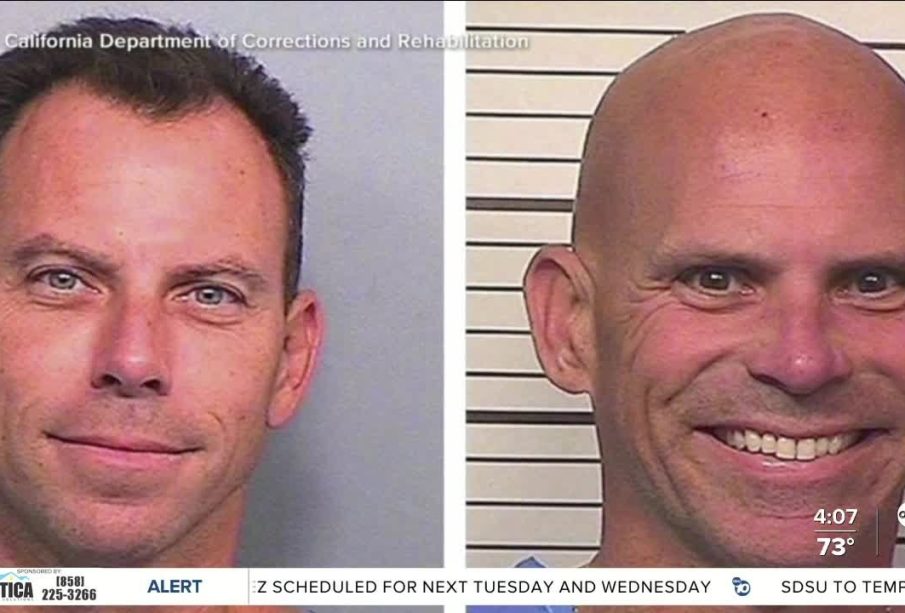Understanding the Menendez Brothers Case: A Tale of Tragedy and Infamy

Introduction
The story of the Menendez Brothers, Lyle and Erik, is one that has intrigued and horrified the American public for over three decades. Their conviction for the brutal murder of their parents in 1989 raised numerous questions about family dynamics, mental health, and the criminal justice system. As new cultural narratives emerge around crime and punishment, the Menendez Brothers case remains a focal point for discussions about morality, privilege, and justice.
The Crime
On August 20, 1989, Los Angeles authorities discovered the bodies of José and Mary Louise Menendez in their Beverly Hills home. The duo was shot multiple times in a brutal attack that shocked the community. Shortly after the murders, their sons, Lyle and Erik, aged 21 and 18 respectively, were the primary suspects. Eventually, the brothers were arrested and charged with first-degree murder.
The Trial
The highly publicized trial began in 1993 and captivated audiences across the nation. The defense team argued that the brothers acted out of self-defense after enduring years of physical and emotional abuse at the hands of their parents. This narrative introduced topics of trauma and the psychological consequences of familial violence, leading to intense debates among mental health professionals and the public alike.
Verdict and Aftermath
Initially, the trial ended in a hung jury, but a retrial in 1995 resulted in the conviction of both brothers, who were sentenced to life in prison without the possibility of parole. The case gained further notoriety, becoming a cultural phenomenon through various documentaries, podcasts, and even dramatizations. The contradictory narratives surrounding mindsets and behaviors highlighted in this case have ignited conversations about the privileges afforded to the affluent and how they navigate the criminal justice system.
Current Perspectives
Today, the Menendez brothers continue to be subjects of debate and fascination. They have kept a low profile while serving their sentences but have also participated in interviews and produced their own memoirs, further stoking public interest. As discussions around crime and accountability evolve, this case serves as a poignant reminder of the complexities embedded in family relationships, societal privilege, and justice.
Conclusion
The Menendez Brothers’ case is not just a story of crime; it’s a narrative full of psychological turmoil, societal critique, and moral questioning. As new generations encounter their story, it prompts ongoing reflections on how society perceives crime and punishment. Understanding this case is essential for grasping the nuances of justice in America, pushing us to question how deeply-rooted issues such as abuse and privilege shape criminal outcomes.









